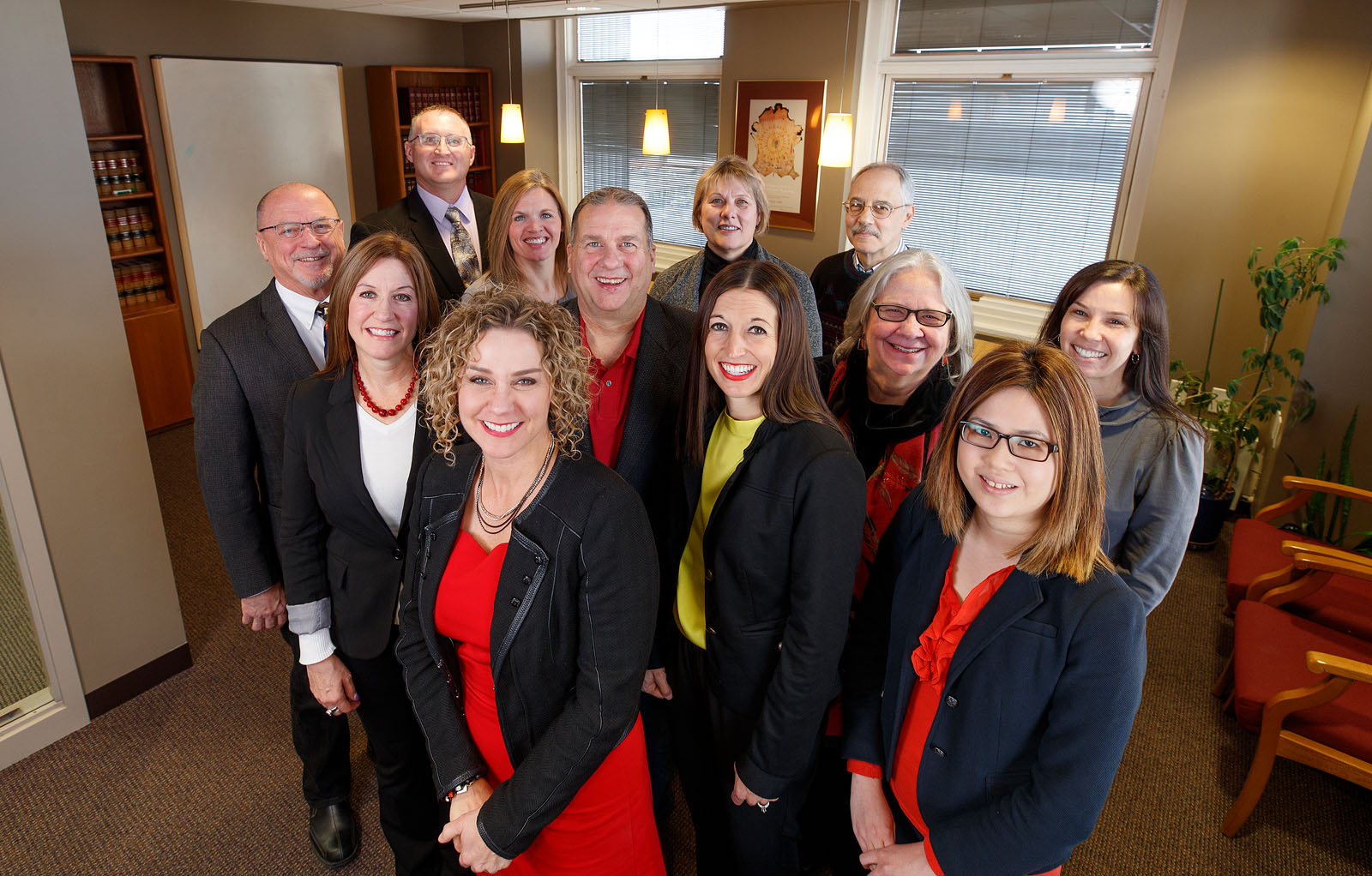Preparing Nebraska’s Child Welfare Workers
Deborah Porter assumed the university’s training to prepare her as a state child welfare worker would waste her time. She’d already trained in another state and didn’t think Nebraska could top it.
“Wow! It opened my eyes,” said Porter, a child and family services specialist in Omaha. “There’s so much more I know now. I came out of that training just amazed.”
The university’s Center on Children, Families and the Law won a $12 million award from the Nebraska Department of Health and Human Services to continue operating the state’s Child Protection and Safety Training program, a role it’s had since 1987. The new award extends the program for three years with the possibility of an additional two years.

For Porter, what makes Nebraska’s 14-week training model special is four weeks of simulations, in which trainees role-play engaging with families and being cross-examined by a lawyer. A house used for simulations is available through a partnership with Lincoln’s Child Advocacy Center.
“When you arrive at a home, you don’t know what’s on the other side of that door,” Porter said. “The simulations teach us job skills to work through issues we’re going to face.”
To serve employees statewide, the training consists of webinars and online learning, followed by simulation training in Lincoln. Conducted about 10 times per year, the program trains more than 200 new child welfare employees annually, said center director Eve Brank, professor of psychology.
Trainees learn to assess safety and well-being, engage positively with family members and understand the effects of trauma, among other topics.
Also key to helping Porter in her job is the center’s ongoing support. A field training specialist is stationed in every DHHS service area statewide to coach new employees and accompany them on family visits, among other activities.
Porter said the training sent her into the field with confidence, and she loves her new career helping Nebraska’s families in crisis.
“People ask me how I can do my job,” she said, addressing the perception that it’s stressful. “I’m like, are you kidding? Do you know how many times we get thanked for helping them?”
+ Additional content for Preparing Nebraska’s Child Welfare Workers
Husker team earns $12 million to train state's child and family services workforce